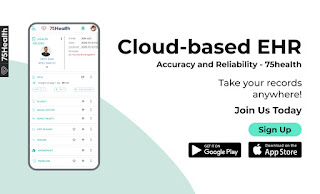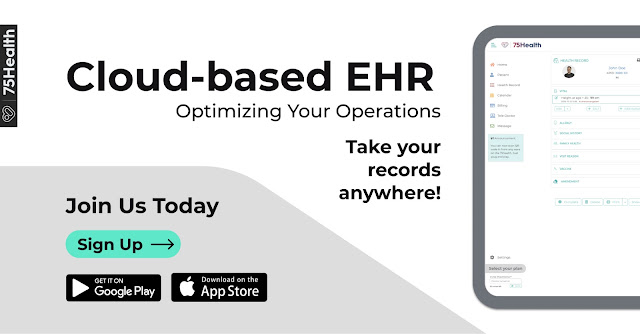How EHR Software Make You a Better Practitioner
The
adoption of Electronic Health
Record Software is progressing apace. It has to cope with an impressive
array of new regulations and it creates demands for medical providers from
third-party companies. Healthcare providers resisted implementing EHR Software because
of the learning fear with new technologies. When implemented, it improves productivity,
patient load, and revenue as believed.
Who
doesn’t love the increased 17% of documentation speed? When properly integrated with the hospital
ecosystem and used by well-trained professionals then the workflows become
defined and streamlined. EHR Software
allows the practitioner to turn constant visibility into efficiency. It identifies
the stumbling blocks and makes adjustments in the workflows accordingly.
Administrative
tasks consume significant time, and staff should be cross-trained to handle
various records and documents at once which don’t require physician involvement.
You don't want any slowdown to affect clinical work right?
Performing
certain tasks over and over again can make you feel obsolete. Certain
practitioners claimed that 60% of the work is the same in daily practice so
having things handy is the best productivity tool for them.
EHR Software Boosts Your Practice Skills
Start
with sufficient training to use EHR Software. Select providers giving onsite training
and it supports your staff for long-term success. EHR Software identifies the processes, job duties, and eliminates
duplicate tasks. Inside your organization, it should streamline the processes and
have internal communication access to various task managers.
EHR Software contains templates and triggers to create quick
documents. These options save tremendous amounts of time and create cloned
notes from the previous document and edit them for new use. Because of integration, each move affects the
accuracy of billing and claims submission and ultimately results in few
rejected claims.
EHR
Software uses the list of codes for billing and eliminates the need of
translating handwritten notes into a digital version. The services are linked
with respective diagnostic codes. Submitting, tracking, and managing claims
electronically speed up the process with EHR Software.
Conclusion
Adapting
towards Electronic Health
Record Software might cause a temporary slowdown, but once it is
practiced well then it is forever beneficial for healthcare organizations. Efficiency
gains are expected from both medical and non-medical staff. Along with your
regular practices, start enjoying all the EHR features and improve medical
facilities.




Comments
Post a Comment